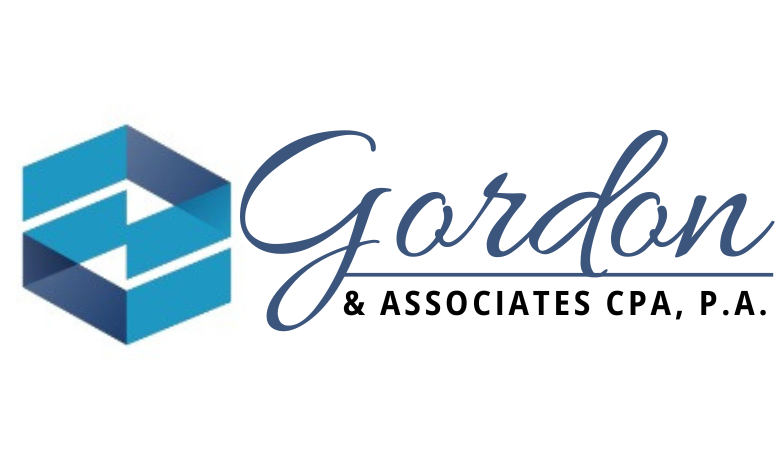Effective Tax Planning Strategies

1. Utilize Retirement Accounts
Contributions to retirement accounts like 401(k)s and IRAs can reduce your taxable income. For 2024, you can contribute up to $23,000 to a 401(k) if you’re under 50. If you are 50 or older, you can contribute an additional $7,500 as a catch-up contribution, making the total $30,500. For IRAs, the contribution limit is $7,000 if you’re under 50, and $8,000 if you’re 50 or older, which includes a $1,000 catch-up contribution
2. Take Advantage of Tax Credits
Tax credits directly reduce the amount of tax you owe. Look into credits like the Earned Income Tax Credit (EITC) or the Child and Dependent Care Credit.
3. Optimize Your Deductions
Ensure you’re claiming all eligible deductions, such as mortgage interest, charitable donations, and medical expenses. Consider itemizing deductions if they exceed the standard deduction.
4. Consider Tax-Loss Harvesting
Offset capital gains by selling investments at a loss. This can help reduce your taxable income and lower your tax bill.
5. Leverage Accountable Plans for Business Expenses
If you’re a business owner, use accountable plans to reimburse employees for business expenses. This allows you to deduct these expenses and reduces employees’ taxable income.
6. Home Office Deduction
If you work from home, you may be eligible for the home office deduction. Ensure you meet the IRS requirements for a dedicated workspace used exclusively for business.
7. Charitable Contributions
Donating to qualified charities not only helps those in need but also provides tax benefits. Ensure you keep records of all donations for accurate reporting.
8. Review Your Withholding and Estimated Payments
Regularly review your withholding and estimated tax payments to avoid underpayment penalties and ensure you’re not overpaying throughout the year.






